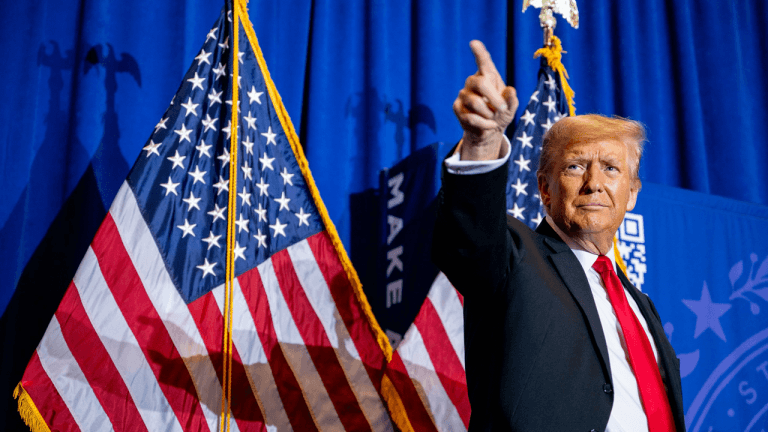
In a memo, Congress members state that Federal banking agencies should not require financial institutions providing custody services for digital assets to maintain capital against the assets.
Several members of the United States Congress have submitted a memo urging key financial authorities, including the chair of the board of the Federal Deposit Insurance Commission and the acting comptroller of the currency, to provide guidance or take action clarifying that the U.S. Securities and Exchange Commission (SEC) Staff Accounting Bulletin 121 (SAB 121) is not enforceable following a recent Government Accountability Office (GAO) finding.
In the memo, the Congress members stated that SAB 121 should have no legal effect and that the federal banking agencies and National Credit Union Administration should not require banks, credit unions and other financial institutions providing custody services for digital assets to comply.
#NEW: Chairman @PatrickMcHenry & @SenLummis led a bipartisan, bicameral letter urging the prudential regulators not to enforce #SAB121.
— Financial Services GOP (@FinancialCmte) November 15, 2023
The letter follows a @USGAO finding that the bulletin constitutes a "rule" for purposes of the CRA.
Read more https://t.co/CpvPjt7OPI pic.twitter.com/0pdFxml0ag
SAB 121 states that the crypto assets of bank customers should be held on the bank’s balance sheet, reflecting the value of the assets and requiring capital to be maintained against them. Industry representatives and several U.S. lawmakers have argued that it jeopardizes the willingness of regulated banks to act as crypto custodians and treats crypto holdings differently than other assets.
The GAO determined that the SEC’s SAB 121 should undergo congressional review based on a letter from Senator Cynthia Lummis to the U.S. Comptroller General in August 2022. The evaluation focused on whether the bulletin qualifies as a rule under the Congressional Review Act. According to the act, an agency rule must be reported to the comptroller general and both chambers of Congress, with a mechanism for Congress to disapprove the rule.
Related: GAO finds controversial SEC guidance is subject to congressional oversight
The Congress members, who include Lummis, Senator Kirsten Gillibrand and Representatives Patrick McHenry, French Hill, Ritchie Torres, Mike Flood and Wiley Nickel, expressed concern that enforcing this rule, which does not comply with regulations, would establish a worrisome precedent. It could enable regulatory maneuvering to bypass the Administrative Procedure Act, ultimately granting the SEC regulatory authority over institutions not authorized by Congress, the lawmakers claim.
In June 2022, five senators wrote to SEC Chair Gary Gensler, expressing their disapproval of what they deemed “backdoor regulation.” Additionally, Flood lectured Gensler on the bulletin during his appearance before the House Financial Services Committee in September.











